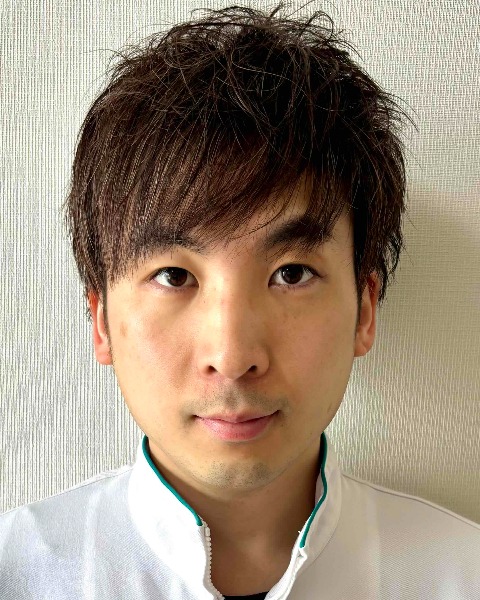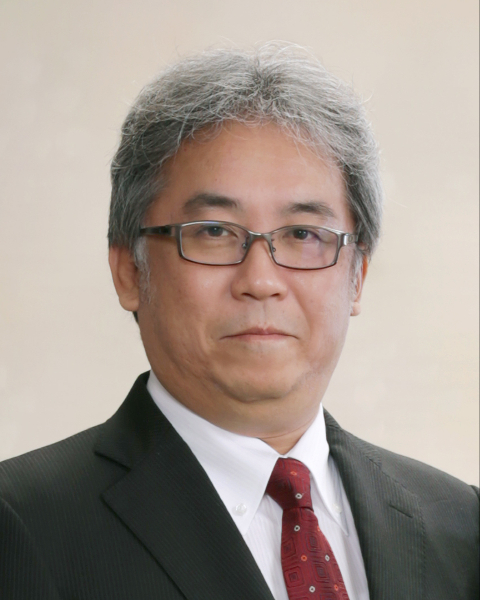2025 AOCS Annual Meeting & Expo.
Surfactants and Detergents
Enhanced Low-Temperature Detergency: A Study of Bio-based Internal Olefin Sulfonate (IOS) and Alkyl Amine Oxide Mixtures

Ryota Sanuki, MS
Researcher
Kao Corporation
Sumida-Ku, Tokyo, Japan- AM
Atsushi Miyazaki
Manager
Kao corporation
Wakayama, Wakayama, Japan 
Takaya Sakai, PhD
Research Fellow
Kao corporation, Tokyo, Japan
Presenting Author(s)
Co-Author(s)
To achieve a sustainable society, we have been engaged in the development of sustainable surfactants. As a result, we have successfully industrialized internal olefin sulfonate (Bio-based IOS), which is an anionic surfactant with a natural origin index of 1 (100%). Bio-based IOS is derived from olein-based vegetable oils (C16 /C18), which are more abundant and less likely to compete with food resources compared to lauric-based oils (C12/C14). This surfactant achieves both high water solubility and excellent interfacial performance. However, achieving a sustainable society also requires cleaning methods with less environmental impact. Recently, there has been an increasing demand for energy-saving and environmentally friendly laundry methods, especially for washing clothes in cold water. It is necessary to improve detergency against oily stains, especially those containing solid fats, which are difficult to remove at low temperatures. Combining anionic surfactants like Sodium Lauryl Sulfate (SLS) with alkyl amine oxides (AO) is known to enhance detergency and stabilize foam. However, for laundry detergents, foam formation is unpreferable, making it difficult to balance detergency and foam suppression. We discovered that combining Bio-based IOS with AO allows for improved detergency while also suppressing foam. This represents a new technology that can solve the challenge. Under low-temperature conditions, the combination exhibits approximately 1.5 times better detergency than SLS-based systems and reduces the foam stabilization effect of AO. This can effectively reduce foaming with less than half the amount of defoaming agents compared to SLS-based systems. These remarkable effects are believed to be attributed to the effective functioning of Bio-based IOS and AO at low temperatures, which leads to the relaxation of solid fat crystals, as well as the looser packing caused by the unique branched structure of Bio-based IOS.These results indicate that it is possible to achieve environmentally friendly laundry methods using sustainable surfactants.

.png)